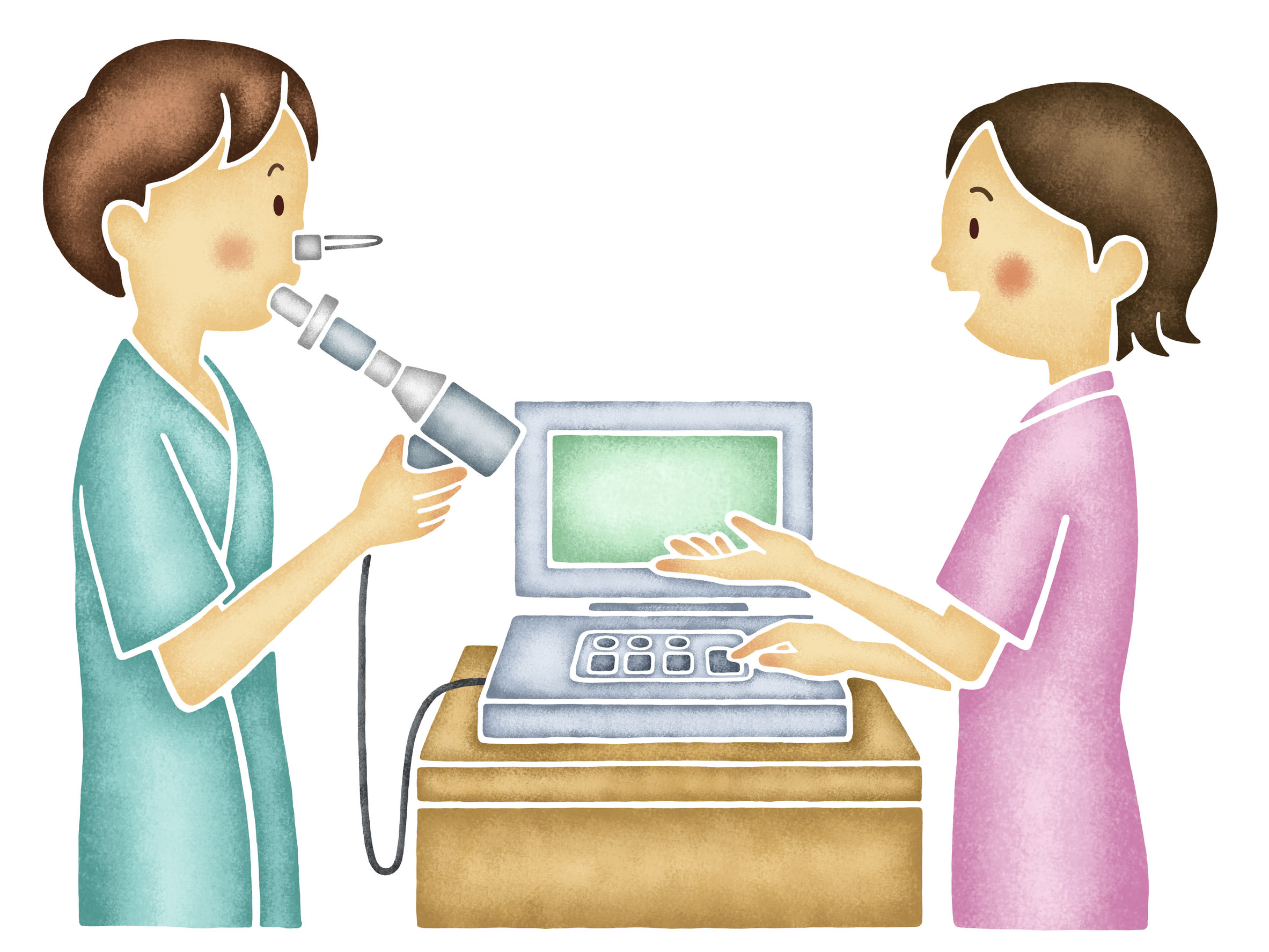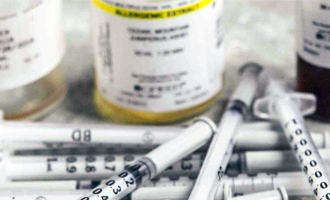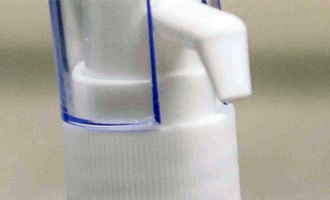Allergy Medication
SALINE IRRIGATION
This is the first step because it is so important to do this prior to using the intranasal sprays below. Saline irrigation (Neti Pot or NeilMed squeeze bottle) help to “flush out” the allergens and irritants on your nasal mucosa, and help to also maintain moisture for dry nasal passages. It also allows the intranasal sprays discussed below to be more effective. For children, a saline spray followed by blowing out his/her nose may suffice.
INTRANASAL SPRAYS
Steroid based: OTC Flonase (generic fluticasone), OTC Nasacort, OTC Rhinocort, Dymista, Nasonex, Omnaris, Qnasl, Veramyst
These are effective in decreasing and sometimes preventing nasal symptoms but do not provide immediate relief. These take about a week to reach their full effect and are most effective when used on a regular basis. Because of the low dose and minimal absorption, there are usually no systemic side effects. These are not decongestants and are not habit forming.
OTC Decongestant Sprays: Afrin, Dristan, Sinex, etc.
Use caution when using these sprays. They are very effective in temporarily relieving nasal stuffiness but can be habit forming. Use for more than 3 days results in a “rebound” effect.
EYE DROPS
OTC Alaway, OTC Zaditor, Optivar (generic azelastine), Pataday, Patanol, Pazeo
These antihistamine eye drops are effective for relieving or preventing itching, tearing and redness. You may use the drops 15 minutes prior to wearing your soft contact lenses but should not put the drops directly on your lenses.
ORAL MEDICATIONS
Antihistamines: OTC Allegra (generic fexofenadine), OTC Claritin (loratadine), OTC Zyrtec (cetirizine), Clarinex, Xyzal:
These newer generation antihistamines relieve nasal itching, sneezing and drainage and itchy, watery eyes, without causing the sedation and dry mouth that older generation antihistamines, such as Benadryl (diphenhydramine) or cholorphenramine. Zyrtec, however, may cause drowsiness and sedation in some people.
OTC cough/cold meds, e.g. Sudafed, Mucinex, NyQuil, etc.
The decongestants in these formulations help relieve nasal stuffiness and sinus and ear pressure. Decongestants may cause insomnia, nervousness, rapid pulse and increased blood pressure. As such, they are used only for a few days for symptomatic relief when you have a cold, and are not recommended for allergy treatment.
Anti-Leukotriene: Singulair (generic montelukast)
Singulair is unique in that it is not a steroid, antihistamine or a decongestant. It is taken once daily to help control allergies and asthma.




